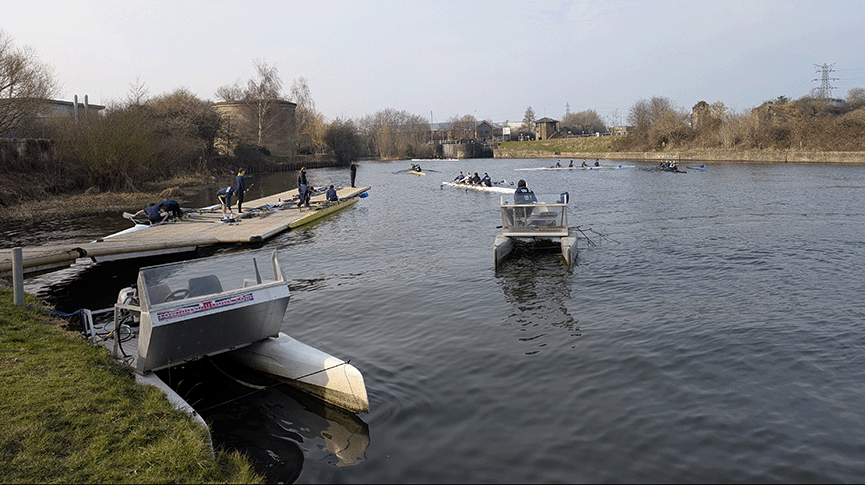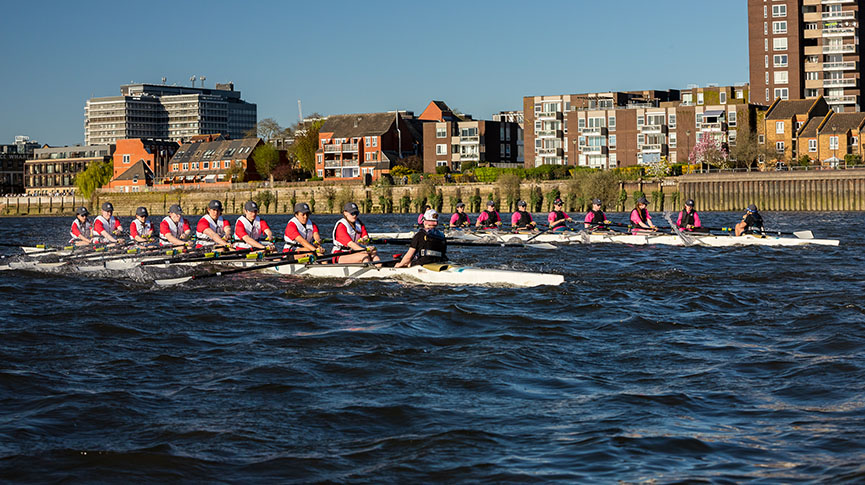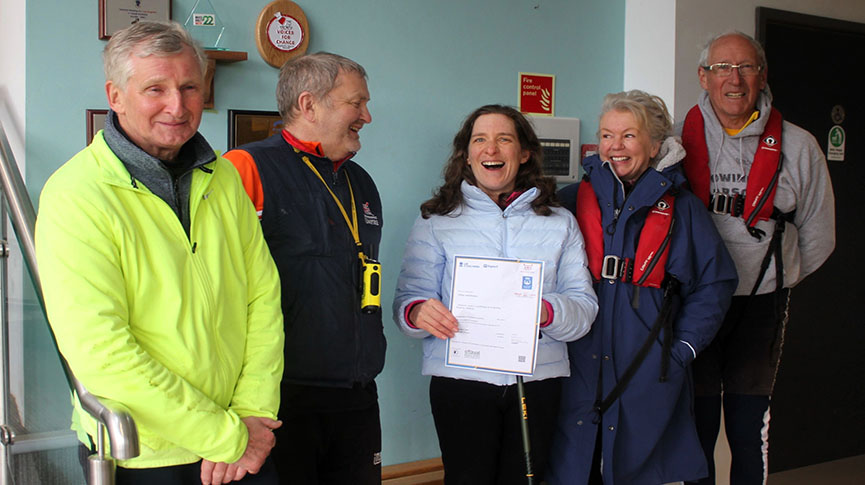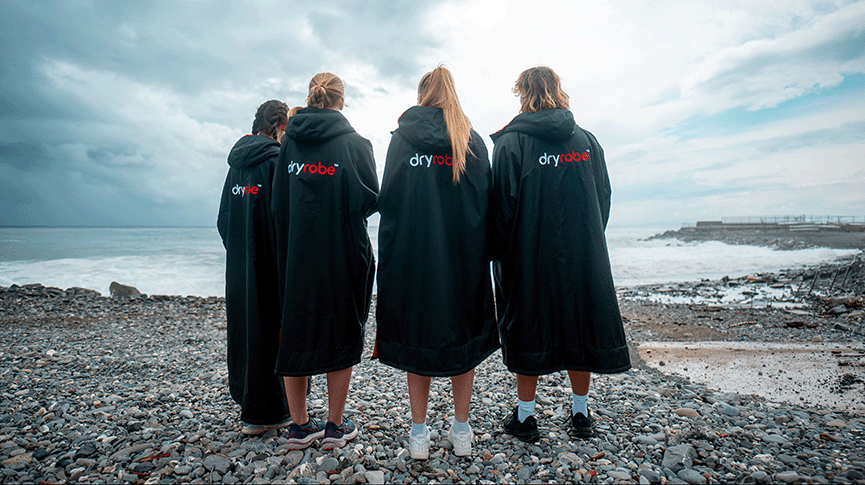Why is motivation to train sometimes so difficult to find?
British Rowing Master Trainer Kate Belcher explains
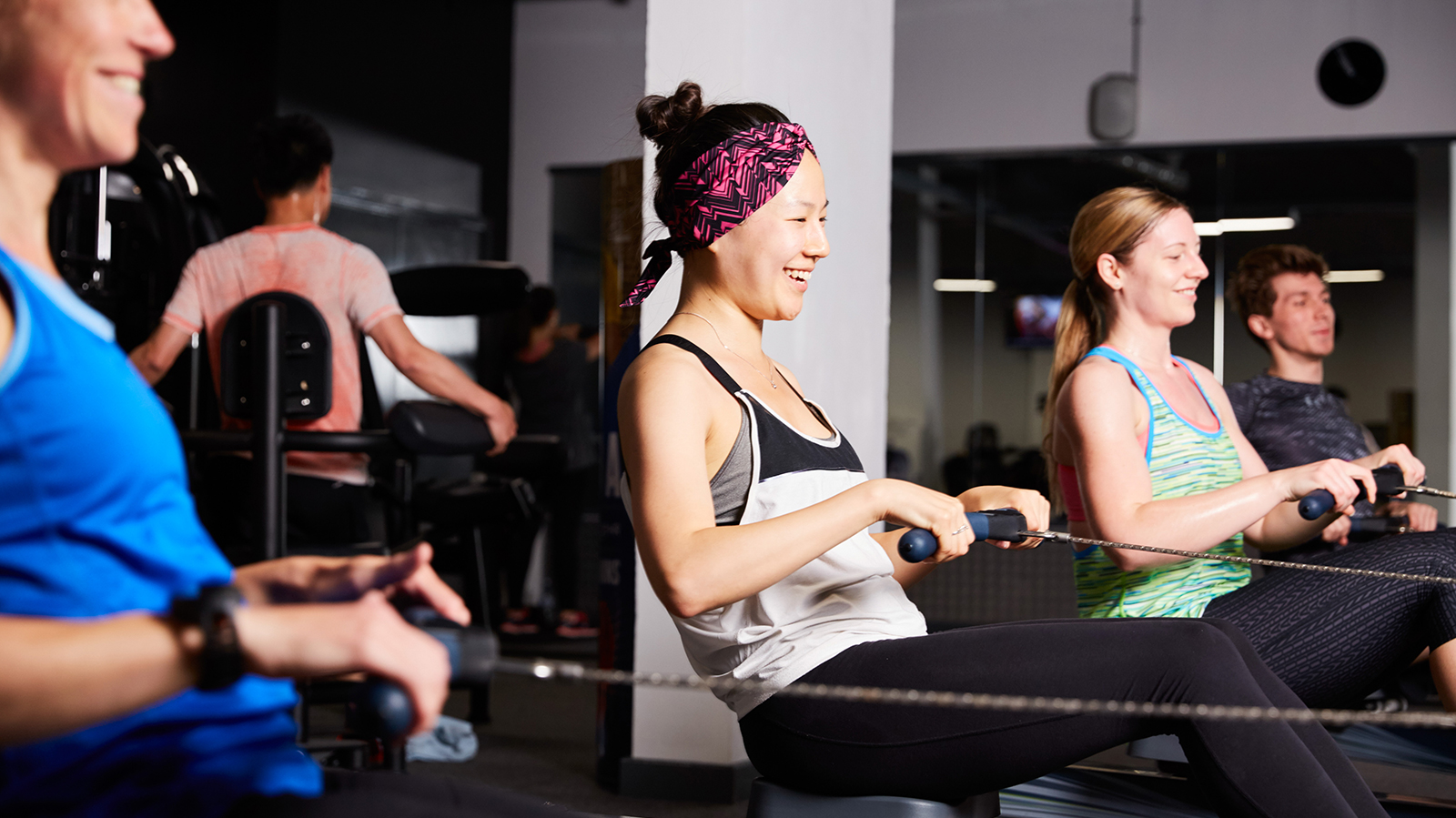
(Simon Way)
Motivation is simply a willingness to do something. Sounds easy? Then why is it sometimes so difficult to find?
We have a common misconception that motivation comes in passive forms, a motivational video or an inspirational book for example. Whilst these things may have an effect, active inspiration is by far the better option. This is motivation as a result of actively getting started in the first place. The small steps of getting started will naturally produce momentum and away you go!
Is entering an event a good way to stay motivated to train. If so why?
If you’ve thought about entering an event then your motivation is already high but don’t just think about it, actually register for that event, make it official.
That date is now in your diary and will only get closer, you’ve paid for that event, your support crew will be there to watch you so the only thing you can do is prepare for that event – motivation in itself.
How do you pick an event to enter?
Your chosen event needs to be a challenging yet realistic goal. For example, there is no point playing a tennis match against a 5-year-old, you wouldn’t feel challenged or satisfied at the end of the game. Equally, there is little point in entering a marathon when you have no running experience.
Don't forget you can have this exclusive content before everyone else if you sign up the Go Row Indoor Newsletter here.
If you had chosen to enter the 500m at the British Rowing Indoor Championships (BRIC) as your event what would your training plan be?
A 500m indoor race is a relatively short distance but a great place to start for a less experienced rower and will still require a maximal effort and smart race strategy.
Learning good technique from the outset is key, bad habits won’t start if they’re not learnt in the first place. A good instructor will help with this. Experiment with stroke rate and power output, start to introduce longer rows when you feel ready to build stamina and short intervals for power and variety. Everyone is different so it is not a case of one size fits all. Training plans should be individual and adaptable.
How do you set your goals when working towards the event?
To make sure your goals are defined and doable they need to be SMART. That age-old acronym really does work! Specific, measurable, achievable, realistic and time scaled. It will work for both short and long-term goals. SMART goals ensure you stay focused, that your goals are attainable and applicable to you. If your goals are vague, approximate or ill-defined they simply won’t be met.
How do you track your goals and progress in the lead up to an event?
Again, by setting lots of little goals prior to the event. Every little goal you achieve will push you closer to your end goal. The event is your end goal. Record progress…don’t assume you’ll remember your last fastest time or what you achieved in your last session, chances are you won’t.
What motivational tools do you use to stay on track especially when you just don’t feel like it!
It is important to remember that different things work for different people but here’s what works for me…
1. Prevent boredom, mix up your sessions.
There is nothing worse than doing the same thing week after week so prevent plateau and try something different.
2. Train with others.
Us humans are sociable beings by nature so swap ideas, get competitive and support each other.
3. Work hard, play hard.
Don’t forget recovery is vital and should be structured. Sleep, good nutrition and stretching are all crucial.
4. Cut yourself some slack once in a while.
Some days you may just not feel like it. It pays to listen to your body, cut down your planned session to something more manageable. A fatigued body won’t perform well leading to frustration and resentment.
5. Recognise the signs of overtraining.
A drop in performance, lack of progress, changes in appetite and sleep patterns, abnormal soreness, aches and pains, general moodiness and irritability.
6. You do have a life outside of your training schedule, hard to believe I know!
Focus on what else is important to you, your family and friends, a social event, your pets and other hobbies. Yes your goals are important but life is a balancing act – create a good balance to stay calm, grounded and of course motivated.
Looking for an event to work towards? Entries to the British Rowing Indoor Championships (BRIC) are open now. Whether you’re an indoor rowing pro or entering an indoor rowing event for the first time, BRIC is the event for you. Get your BRIC tickets.


